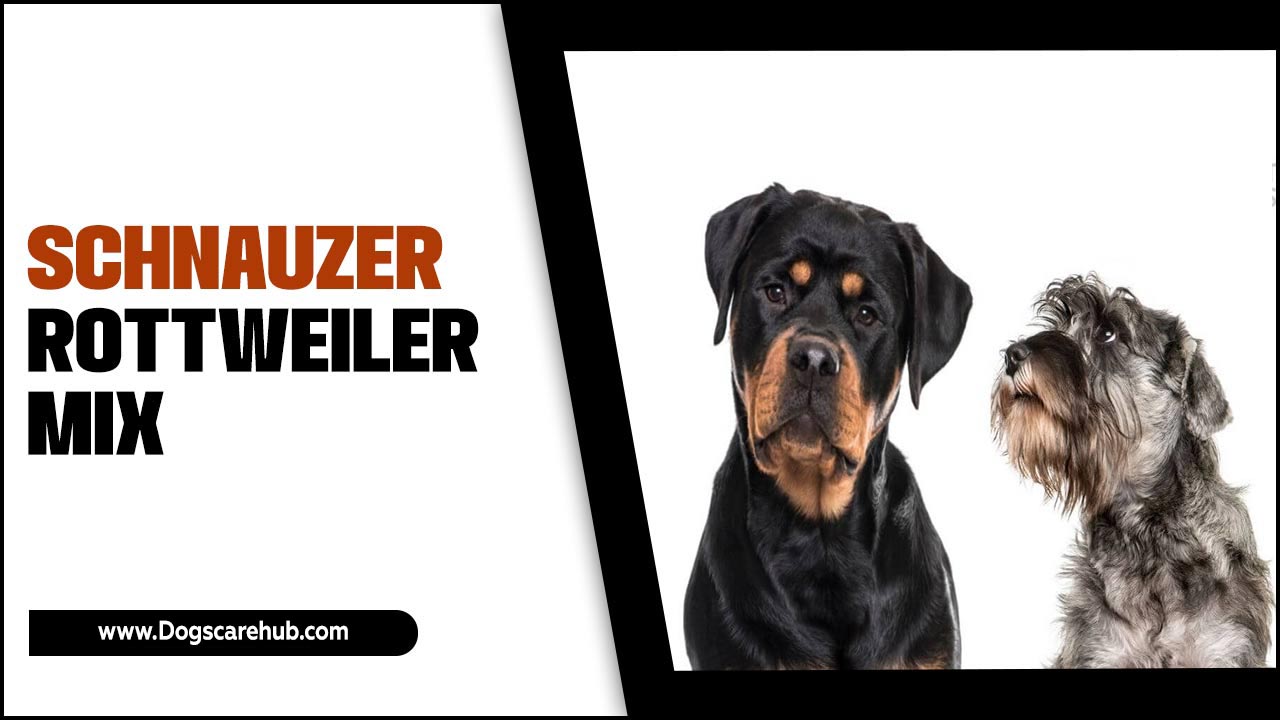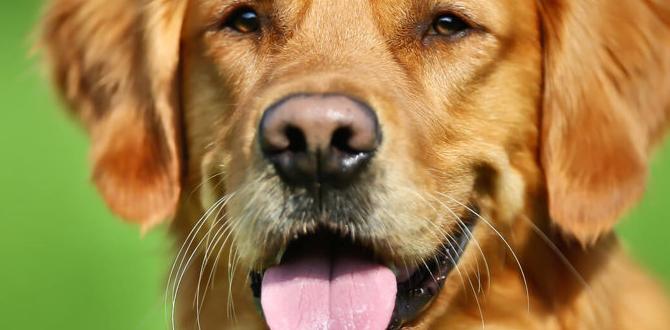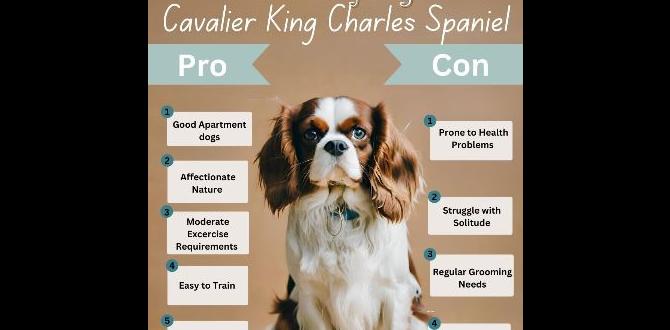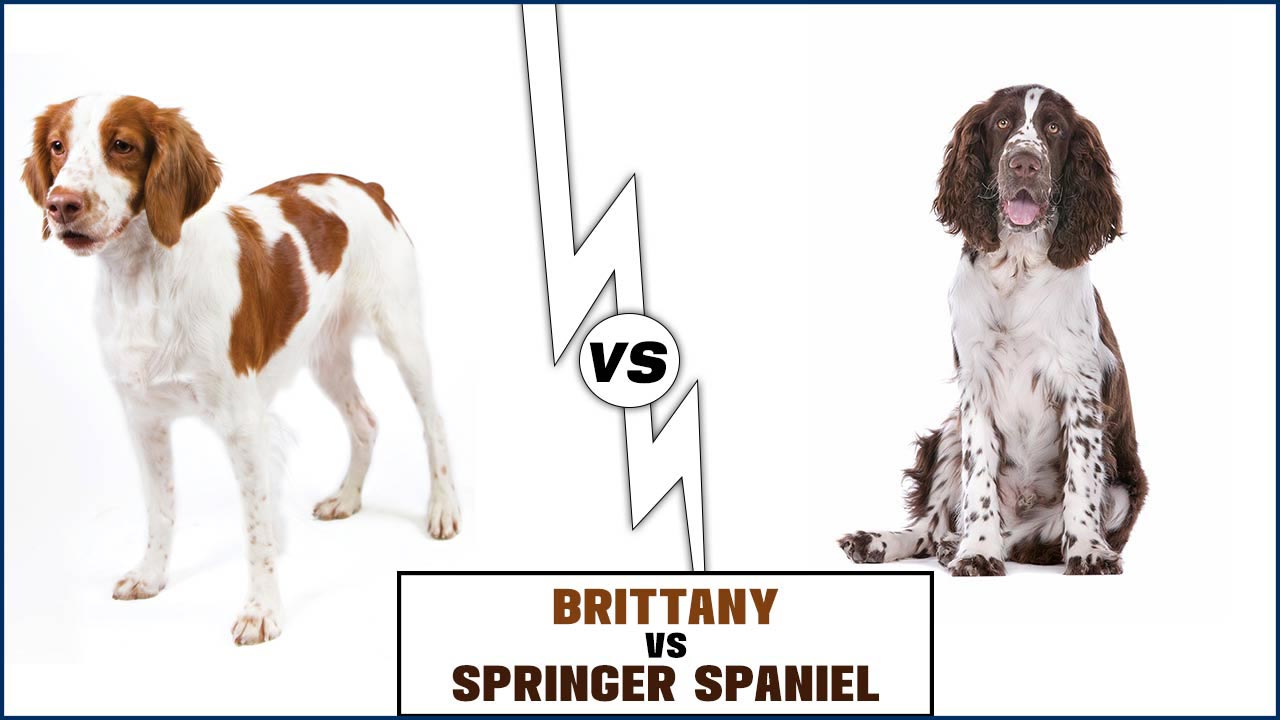Have you ever noticed your dog licking too much? It might seem cute at first. But when it doesn’t stop, it can be worrying. Why do dogs lick excessively? Sometimes it means they need help. Understanding this can make your dog happier and healthier. Here’s some excessive licking dog advice to guide you.
Key Takeaways
- Excessive licking can signal a health issue.
- Check for allergies if your dog licks a lot.
- Provide toys to distract from licking habits.
- Consult a vet for excessive licking dog advice.
- Behavior training can reduce excessive licking.
Understanding Why Dogs Lick Excessively
Dogs lick for many reasons. Sometimes they lick because they like the taste of something. Other times, it might be due to stress. When licking becomes excessive, it’s often a sign of a problem. Your dog might be licking due to an allergy or skin irritation. It can also be a way to soothe themselves when anxious. Knowing these signs helps in finding out the real reason. It’s important to observe their behavior carefully.
- Dogs lick to explore the world.
- Excessive licking can be calming for dogs.
- Stress can lead to more licking.
- Look for patterns in licking behavior.
- Check for skin problems causing licking.
If your dog licks excessively, consider their environment. Is something new causing stress? Has their diet changed? Sometimes, a simple change is the solution. But if the licking persists, it’s time to consult a vet. They can offer professional excessive licking dog advice. Remember, understanding the cause is the first step to helping your dog.
Fun Fact or Stats : Dogs have an extraordinary sense of taste with about 1,700 taste buds!
Does Licking Mean My Dog Is Sad?
When dogs feel sad or anxious, they might lick more. Imagine being a dog who feels lonely. Licking can be a way to feel better. It’s like how some people bite their nails when nervous. If your dog licks more when they’re alone, they might be feeling upset. Spend extra time with them. Play their favorite game. This can help them feel happier and reduce licking.
Could My Dog Be Bored?
Dogs get bored like humans do. When there’s nothing to do, they may lick to pass the time. Imagine sitting at home with no toys or friends. You might look for something to do too. Give your dog new toys to play with. Take them on walks. Challenge their minds with puzzles. This keeps them entertained and reduces boredom-related licking.
Is It Safe to Ignore Excessive Licking?
Ignoring excessive licking might not be safe. What if there’s a hidden problem causing it? Imagine ignoring a leak in your house. It could lead to bigger issues. The same goes for your dog. Excessive licking might signal allergies or infections. It’s best to check with a vet. They can provide helpful excessive licking dog advice to keep your dog healthy.
Common Causes of Excessive Licking
There are several triggers for excessive licking in dogs. One common cause is allergies. Just like humans, dogs can be allergic to certain foods or environments. Skin irritations or infections can also make dogs lick more. Sometimes, joint pain or arthritis leads them to lick to soothe the ache. Identifying these causes is crucial for effective treatment. Regular vet visits can help detect these issues early.
- Allergies can cause frequent licking.
- Skin infections often lead to licking.
- Arthritis can make dogs lick their joints.
- Diet changes might trigger allergic reactions.
- Parasites can irritate your dog’s skin.
Understanding why your dog licks too much helps decide the next steps. Check for irritants in your home. Observe if certain foods affect them. Awareness is key. Once you know the cause, you can address it effectively. Consulting with a vet will provide you with tailored excessive licking dog advice. This improves your dog’s quality of life.
Fun Fact or Stats : Did you know dogs can be allergic to dust or pollen?
How Can Allergies Affect My Dog?
Allergies in dogs can be troublesome. Imagine you’re sneezing because of pollen. Your dog might feel the same. Allergies can cause itchy skin, leading to licking. They may also affect their digestion or lead to ear infections. Observing your dog’s reaction to certain foods or environments is important. If allergies are suspected, a vet can suggest the best treatment. This might include special diets or medications.
Can Skin Infections Be Serious?
Skin infections can be serious if ignored. Think about a small cut that gets infected. It can become painful and needs treatment. The same happens with dogs. An untreated skin infection could worsen. It may cause discomfort and constant licking. Regular grooming helps spot these infections early. A vet can provide the right treatment to heal the skin and stop the licking.
Why Is Joint Pain a Concern?
Joint pain in dogs can be a major concern. Imagine having sore knees and wanting to rub them for relief. Dogs lick their joints for comfort. This could be due to arthritis or other bone issues. Older dogs are more prone to joint pain. Watching their movement can provide clues. If they limp or are less active, consult a vet. They can offer solutions to ease the pain and reduce licking.
How to Prevent Excessive Licking
Preventing excessive licking involves a few strategies. Start by providing a healthy diet. This keeps your dog’s skin and coat healthy. Regular exercise is also essential. It keeps them active and reduces stress. Toys and puzzles engage their minds, reducing boredom. Training helps teach them not to lick excessively. Set aside time daily for play and cuddles. This creates a happy and balanced routine.
- Feed a balanced and nutritious diet.
- Ensure regular physical activity.
- Provide interactive toys and puzzles.
- Establish a regular grooming routine.
- Use training to discourage excessive licking.
Prevention is always better than cure. By keeping your dog healthy and engaged, you reduce the chances of excessive licking. An enriched environment keeps them happy and less stressed. Regular vet visits ensure their health stays in check. Remember, a happy dog is a less lick-prone dog. With the right care and excessive licking dog advice, you can make a big difference.
Fun Fact or Stats : Dogs need at least 30 minutes of exercise daily!
What Diet is Best for My Dog?
A balanced diet is crucial for your dog’s health. Imagine eating only junk food; you’d feel sluggish. Dogs need the right nutrients to thrive. High-quality dog food contains proteins, fats, and fibers. Avoid foods with too many fillers. Some dogs benefit from grain-free diets. Always introduce new foods slowly. If you notice any issues, consult a vet. They can guide you in choosing the best diet.
How Does Exercise Help?
Exercise is vital for your dog’s well-being. Imagine being stuck indoors all day. You’d want to move and stretch. Dogs are the same. Regular walks and playtime help keep them fit. Exercise reduces stress and boredom. It also strengthens their muscles and joints. Aim for at least 30 minutes of activity a day. This keeps their body and mind healthy, reducing the urge to lick.
Can Toys Really Make a Difference?
Toys play a big role in reducing excessive licking. Picture being bored with nothing to do. Toys keep dogs busy and entertained. Puzzle toys challenge their minds. Chew toys satisfy their natural instincts. Rotate toys to keep things interesting. This prevents boredom and reduces licking. Make playtime a daily routine. It’s a fun way to bond and promote good behavior.
When to Seek Professional Help
Sometimes, professional help is necessary. If your dog’s licking doesn’t improve, consult a vet. They can rule out medical conditions. A vet might suggest tests to find the cause. Behaviorists can help with training. They understand dog behavior and can offer specialized advice. Remember, it’s okay to ask for help. Experts provide valuable excessive licking dog advice to improve your dog’s life.
- Consult a vet for persistent licking.
- Consider allergy tests if needed.
- Behaviorists offer specialized training advice.
- Rule out medical causes with tests.
- Seek help for anxiety or stress-related licking.
Professional help ensures your dog gets the best care. It’s not just about stopping the licking. It’s about making your dog comfortable and happy. Skilled professionals have the knowledge and tools. They provide insights into your dog’s behavior. With their assistance, you can find lasting solutions. Don’t hesitate to reach out for excessive licking dog advice from experts.
Fun Fact or Stats : Dogs have a sense of time and miss us when we’re gone!
How Do I Know If It’s Serious?
Detecting seriousness requires observation. Think about a small cough that doesn’t go away. If your dog’s licking persists, it might be serious. Look for changes in behavior or appetite. Check for signs of pain or discomfort. If you’re unsure, a vet’s opinion is valuable. They can assess your dog’s health and provide guidance. Don’t ignore ongoing issues. Early intervention can prevent further complications.
What Tests Might a Vet Suggest?
Vets have various tests to identify issues. Imagine a detective solving a mystery. Blood tests can detect allergies or infections. Skin scrapings reveal parasites or fungal infections. X-rays might be needed for joint pain. Allergy tests identify specific triggers. These diagnostics help pinpoint the cause of excessive licking. Trust your vet’s expertise. They’ll recommend the best tests for your dog’s needs.
Are Behaviorists Useful for Licking Problems?
Behaviorists are experts in dog behavior. Imagine having a teacher to guide you. They can identify triggers for excessive licking. Behaviorists offer training techniques. They might suggest changes in routine or environment. This helps reduce anxiety or boredom. Their methods are based on understanding canine psychology. Working with a behaviorist can improve your dog’s behavior. It also strengthens your bond with them.
Tips for Managing Licking at Home
Managing licking at home requires patience and consistency. Start by observing your dog’s habits. Notice when and where they lick most. Create a calm environment. Reduce stressors that may trigger licking. Set boundaries gently. Use positive reinforcement for good behavior. Establish a routine for feeding, play, and rest. Consistency helps your dog feel secure. This reduces stress-related licking.
- Observe your dog’s licking patterns.
- Create a calm and comfortable environment.
- Set gentle boundaries for licking.
- Use positive reinforcement for good behavior.
- Establish a consistent routine at home.
Managing excessive licking involves understanding and communication. Be patient and compassionate. Your dog looks to you for guidance. With the right approach, you can create a peaceful environment. This reduces the need for excessive licking. Consistent care and love make a world of difference. Remember, small steps lead to big improvements over time.
Fun Fact or Stats : Dogs can understand up to 250 words and gestures!
How Do I Observe My Dog Effectively?
Observation involves taking note of patterns. Imagine being a detective in your home. Watch when your dog licks the most. Is it after meals or when left alone? Note the frequency and duration. Check for any visible skin issues. Keeping a journal can help track changes. Share these observations with your vet. They provide valuable clues in understanding your dog’s behavior and health.
What Are Positive Reinforcements?
Positive reinforcements encourage good behavior. Imagine getting a reward for doing chores. Praise your dog when they refrain from licking. Use treats sparingly. Offer affection and attention as rewards. Play their favorite game or take them for a walk. Consistency is key to success. Over time, they’ll associate good behavior with positive outcomes. This builds trust and reduces negative habits.
Why is Routine Important?
Routines provide structure and security. Imagine having a daily schedule to follow. Dogs thrive on knowing what to expect. A consistent routine reduces anxiety. It creates a sense of stability. Set regular times for meals, walks, and sleep. Consistency helps your dog feel safe. This lessens the urge to engage in stress-related licking. Over time, a stable environment leads to a happier, healthier dog.
Conclusion
Excessive licking in dogs is a common concern. Understanding the causes is crucial. With the right excessive licking dog advice, you can improve your dog’s well-being. Observe their behavior and consult professionals when needed. A balanced diet, exercise, and positive reinforcement help too. With patience and love, you can manage excessive licking effectively.
FAQs
Question: Why does my dog lick excessively?
Answer: Excessive licking can indicate stress, allergies, or health issues. It’s important to observe their behavior closely. Consult a vet for accurate diagnosis and excessive licking dog advice.
Question: Can my dog be allergic to food?
Answer: Yes, dogs can have food allergies. Common allergens include grains and proteins. Symptoms include itching and licking. Consult a vet to identify and manage allergies effectively.
Question: What should I do if my dog licks constantly?
Answer: Start by observing when your dog licks. Check for changes in their environment or diet. Professional help, such as a vet, provides valuable excessive licking dog advice for treatment.
Question: Is licking a sign of boredom?
Answer: Yes, boredom can lead to excessive licking. Dogs need mental and physical stimulation. Provide toys, exercise, and attention to alleviate boredom and reduce licking.
Question: Can training help with excessive licking?
Answer: Training plays a crucial role in managing licking. Behaviorists can provide techniques to discourage excessive licking. Consistency and positive reinforcement are key for success.
Question: How can a vet help with licking issues?
Answer: Vets can diagnose underlying health issues causing licking. They offer treatments and excessive licking dog advice. Regular check-ups ensure your dog’s health is monitored effectively.
Meet Elyse Colburn, the devoted canine companion and storyteller behind the enchanting world of “Tales, Tails, and Adventures Unleashed.” A passionate dog enthusiast with a heart full of paw prints, Elyse Colburn shares heartwarming tales and insightful adventures, celebrating the joy, loyalty, and endless antics that make every dog a true hero. Join Elyse Colburn on this tail-wagging journey, where every post is a love letter to our four-legged friends.







